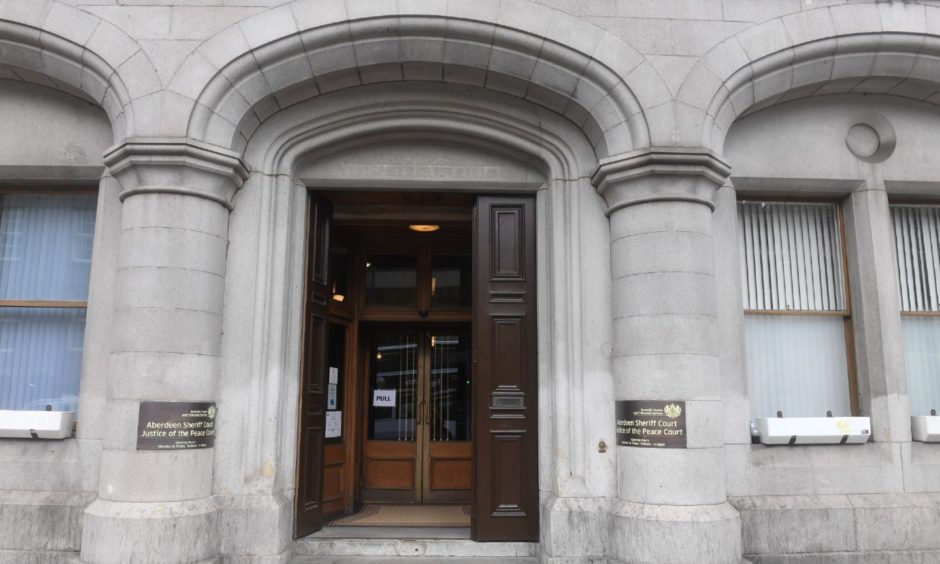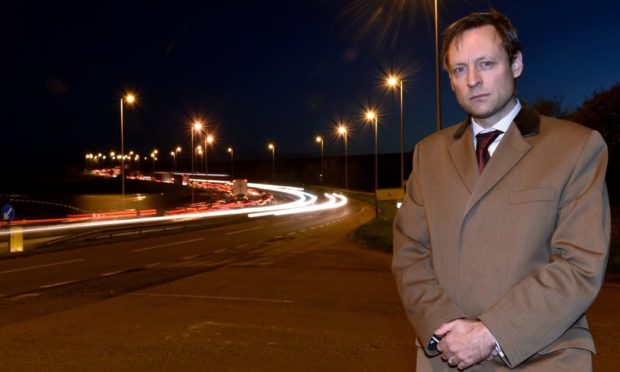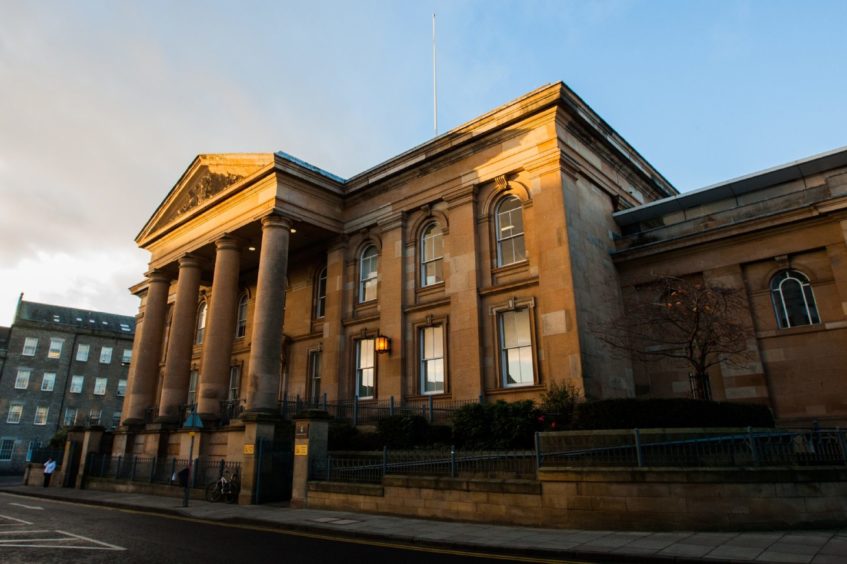The SNP’s soft-touch and chaotic approach to the justice system has failed victims of crime for years.
The effective scrapping of jail sentences of less than a year, community sentences that often aren’t completed and the writing off of thousands of pounds in fines are all hallmarks of this government.
But there’s another problem coming down the tracks that arguably threatens the very sustainability of our courts.
Many lawyers and legal bodies have raised the alarm about the dearth of criminal lawyers coming through the ranks.
Lawyers getting older
The average age of defence lawyers is rising, while the number of firms specialising in criminal law, and the number of registered criminal practitioners have both reduced by a quarter in the last decade.
Matthew McGovern, a 27-year-old lawyer, said recently of one court in which he regularly works: “I am often the only solicitor in the room under the age of 30.
“There isn’t a single criminal trainee at the court just now. The demographics of the profession are a major problem.”
It seems younger graduates are choosing to go into other areas of law, anecdotally because those areas are significantly more lucrative.
Legal aid rates to law firms are a fraction of what they can bill privately, one consequence of which is low salaries to defence lawyers relative to other disciplines, to say nothing of the ability of the prosecution service to offer attractive salaries, pensions and career progression.

They are also more likely to allow retention of some semblance of work-life balance.
‘I worry about the profession’
Solicitor-advocate Robert More told Scottish Legal recently of a hellish 48 hours in the life of a defence solicitor, which concluded: ‘This is a situation brought about – in full consciousness – by the Scottish Government.’
Leading QC Tony Graham told a Sunday newspaper recently he was worried that fewer people viewed going into criminal law as an attractive proposition.
He said: “How it will be attractive to future generations I have no idea and I do worry about the profession.”
Last month I asked Ash Denham MSP, the community safety minister, why she thought this reduction in new entrants was occurring and what her government planned to do about it.
The reply was staggering.
‘Total nonsense’
She said: “Anecdotally, it is reported that the number of legal trainees in criminal practice has decreased; however, this appears to reflect the fall in reported crime over several years, the subsequent fall in cases proceeding to court and the business models of many criminal law practitioners.”
In other words, the SNP really expects us to believe that young aspiring lawyers have gazed into the future, predicted the SNP’s dubious statistics and associated spin in relation to offending, and decided to change their career path as a result.
It’s a total nonsense (not least because my recollection is that many criminal practitioners view it almost as a “calling” and are incredibly dedicated to the discipline) and the public will see it as such, especially in those communities where crime is only going in one direction, and it is not the downward one Ms Denham talks of.
I haven’t practised criminal law for nearly two decades but it looks as though the pressures have got significantly worse.
And who’s to blame for all this? The culprits are pretty clear.
Campaigning by lawyers
Before a paltry three per cent increase in legal aid fees last year (set by the Scottish Government), the real terms cut to fees since the SNP came to power was 20 per cent.
This situation has forced some recently qualified or aspiring criminal lawyers to set up New Generation Lawyers.
They’re campaigning for, among other things, sustainable legal aid funding. Without it, they warn the discipline faces an existential crisis.
They say: “We are of the view that the status quo is not sustainable and will result in a generation of the most vulnerable people in our society being denied access to justice.”
It’s those final words which are so telling.
This isn’t a case of a group of lawyers agitating for more money, and raising unjustified complaints about their working day in the process.
It’s about the very viability of our justice system.
A dwindling number of defence lawyers in Scotland can only result in two, non-mutually-exclusive outcomes, both of which would spell a crisis.
Either criminals are going to be routinely let off the hook because the legal capacity to have them represented in a timely and fair manner doesn’t exist, meaning cases collapse or are dropped.
Or those who depend on legal-aid funded representation to defend themselves will be left to the mercy of a complex system they don’t understand, becoming victims of miscarriages of justice or excess tariffs, ultimately placing further strain on the system.
The SNP government could head off these problems now by properly funding legal aid, and speaking to the criminal law sector to understand the challenges it faces and the solutions it so desperately needs.
Or it could continue to deny responsibility and blame the lawyers, their firms and the young people looking to make their career in what I believe to be a vital, admirable and rewarding area of law.
Sadly, I suspect I know which it will choose.
Liam Kerr MSP is the Scottish Conservative justice spokesperson and a former solicitor.


